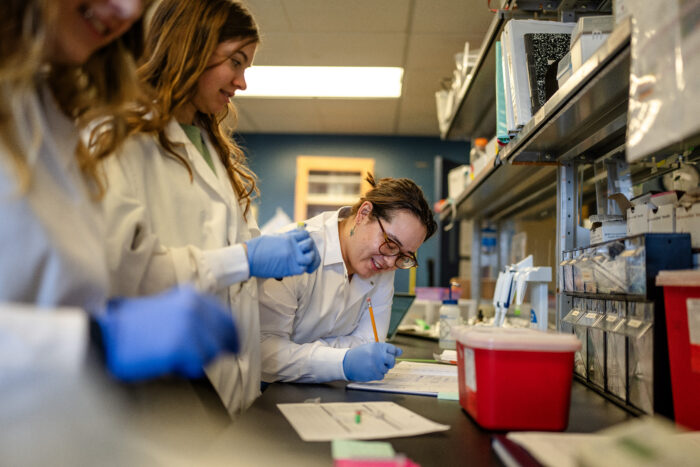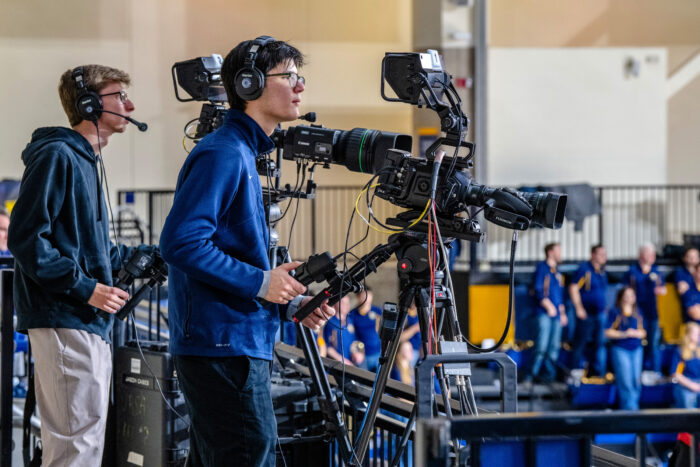This Q&A is part of the “Teaching Spotlight Series.” Hosted through the Center for Teaching and Learning, this interview series pays special attention to teaching as a profession and vocation at Marquette. All kinds of instructors and faculty will be profiled in this series. Graduate student instructors, new faculty, associate professors, adjunct or full-time participating faculty, staff who teach our students or part of a collaborative teaching core on campus: We want to shine a light on great things happening everywhere on campus!
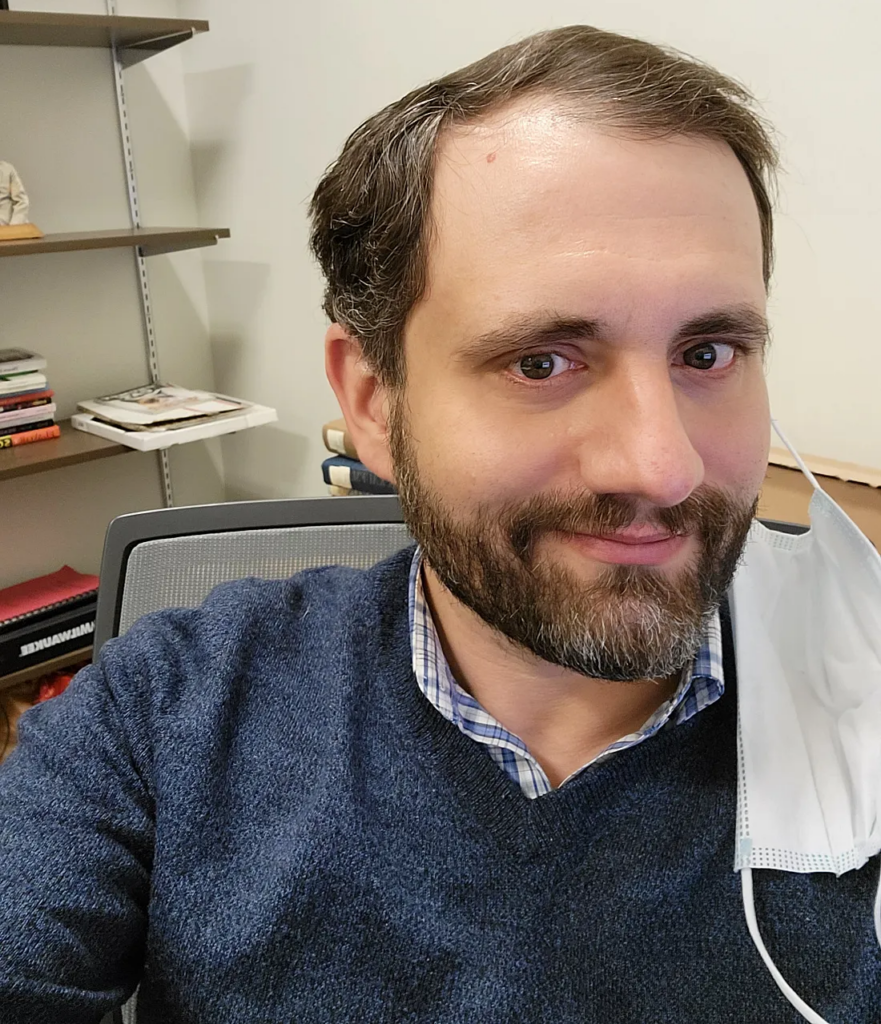
Dr. Paul Gagliardi
Teaching associate professor, Department of English in the Klingler College of Arts and Sciences
Teaching at Marquette since fall 2018
What do you find rewarding about teaching?
I find a lot rewarding about teaching, but what I find the most rewarding is when I see students learning in class — engaged faces and questions or enjoying themselves — or when they project our course discussions into creative applications of that work, ranging from smart, academic articles to podcasts to short videos to creative projects. I think it’s those moments where I see their intellectual curiosity and creativity merge when I feel the happiest and rewarded as an educator.
What do you find challenging about teaching?
I find a lot challenging about teaching: planning for lessons, finding my work-life balance, finding time to write on my own research. But one area that I find especially challenging is connecting to students with asides or references in my lectures and in class conversations. I teach a lot of film and literature courses, and I find that my cultural consumption is often radically different than theirs. Some of that is age and taste, but also we live in a very consumer-focused, algorithmic-driven market where we are presented with a bewildering array of content choices. But it’s a challenge I find really engaging, especially when I encourage students to tell me — or show — about their media choices.

What led you to teaching as your career or part of it?
Honestly, what led me to teaching was as an undergrad, I had a professor suggest that I might consider becoming a professor. At that point — I was 21 or 22 — I had no real career path figured out. I knew I was interested in subjects like history, economics, culture and literature, but prior to that point, I had never really considered education, let alone academia as a potential career.
And when I would talk to my undergraduate professors, they made this work — a combination of teaching, researching and getting to think about topics and ideas — seem so amazing and wonderful. I haven’t really considered anything else since.
What surprises have you encountered in your teaching? It could be about the process itself (collaborating with others, etc.), surprising findings or anything else you would like to share.
I don’t think I was prepared for how much labor was involved in teaching. One hears from professors about the amount of work that they have, but even in graduate school, I don’t think I understood how much time and effort I would dedicate during the week — and weekend — to my profession.
I also don’t think I understood the emotional labor being an educator entails: you can be a sympathetic ear in one hour and then have to offer tough love to someone else in the next. A student can complain about your assignment in one office hour, while another student asks for help in finding an apartment or advice on whether or not they should stay in school.
Please share a memorable teaching or learning experience you’ve had.
One of my favorite teaching moments was during the height of the pandemic when I was teaching a crime literature course. As we approached finals week, I could tell the students were burned out and I gave them an assignment for some mental engagement and relaxation. Given we spent much of the semester talking about cop shows or crime novels, I asked them to work in a group and “pitch me” their idea for a new crime/cop show while referencing course content and ideas. The students had a blast crafting their show pitches, and we had a day where we pitched the ideas to each other (two students had a show that featured me as a grizzled professor who moonlighted as a detective).
Which special challenges do you think educators face today?
I think educators at all levels are struggling with universal challenges like burnout, mental strain and stress, and a general hostility toward teaching in the public at large. I think we are all doing more with less resources, while being asked to do more in every facet of our jobs. And while this might not be new in some regards, I think the public pressure for educators is becoming more and more intense. In turn, I think we are all going to be dealing with the effects of the pandemic on students and their learning processes for years to come. I’ve seen students really struggle with returning to the in-person classroom environment, and we have an impetus to try and adjust both our expectations and students’ own approaches to education.
What are your favorite tips for people starting to teach in your field or generally?
No matter what level or environment you will teach at, there are going to be days that are really and truly draining. And often there are days that are really hard to explain to anyone who is not a teacher. So — having a support network is really crucial. I have sought the advice of my dear colleagues more than once, and I’m also lucky to have a spouse who is also an educator who can be a sounding board to me.
And I would say you should always be reflective of your work; after each class I think about what I could have done differently or how I might tweak things moving forward.
But also — sometimes even the best plans for a class fall apart because of things far beyond your control: student fatigue, emotional stress, half your class skipping lunch, etc. So sometimes it’s helpful to bear in mind that a bad class is not necessarily the fault of you.
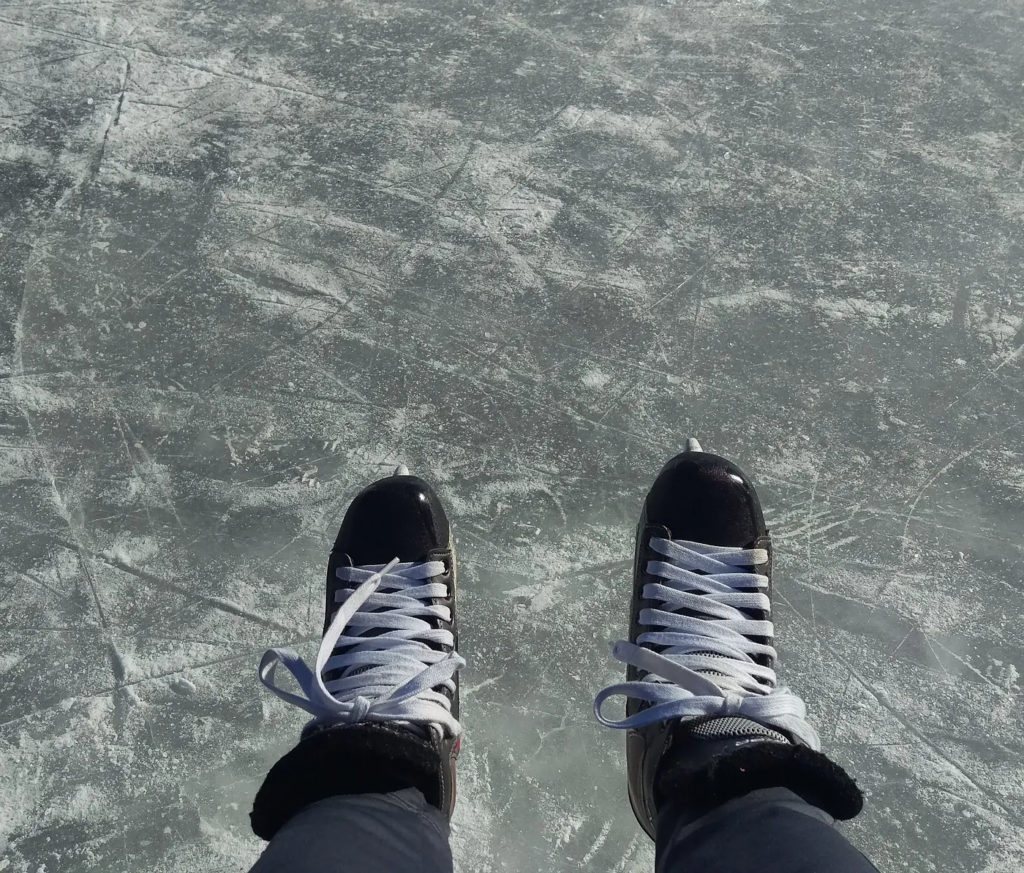
When do you feel like or know that you’ve succeeded as an educator?
This is not the most scientific of answers, but I can feel the vibe in the room change when a class is really working. Whether it’s laughter or knowing nods or glances from students or engaged discussion, I just feel the vibe of the classroom come together. And you feel good about yourself as you leave the classroom.
When have you failed as an educator? What does that feel like?
I can’t even recall all the times I’ve failed as an educator. It can range from disorganization of a class to an apathetic class to a class that turns hostile. I can remember times finishing a class and heading to my office and just closing the door and reflecting on how bad I feel about myself or my plans. And it takes time to reflect on what went wrong or what I might need to address, but a failure in the classroom just leaves you feeling the worst.
Non-astonishing teaching tip time! Please share one favorite thing you do in class or with your students that you think everyone should try.
If a subject comes up in class discussions you’re unfamiliar with or a student asks a question you don’t know the answer to, readily admit you’re unfamiliar with it or you don’t know, but volunteer to delve into it for next class. It doesn’t have to be a dissertation-level amount of research, but I find it helps show students you care about their ideas and questions and builds connections between one class to the other.
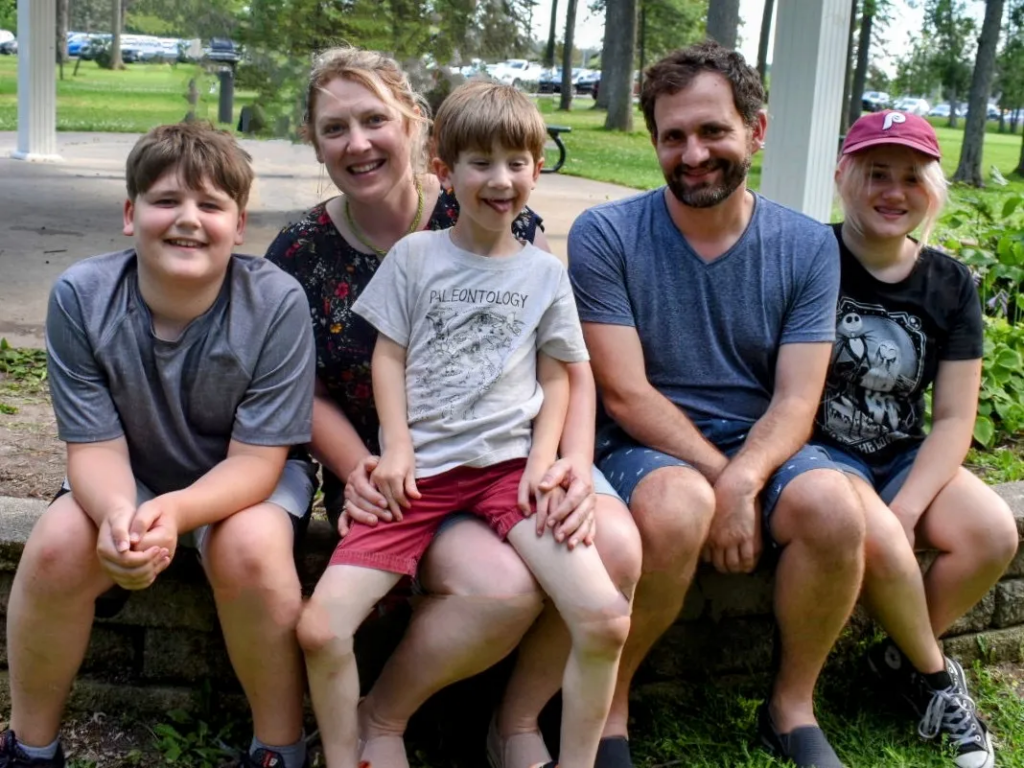
Check out Dr. Paul Gagliardi’s new book:
All Play and No Work
American Work Ideals and the Comic Plays of the Federal Theatre Project
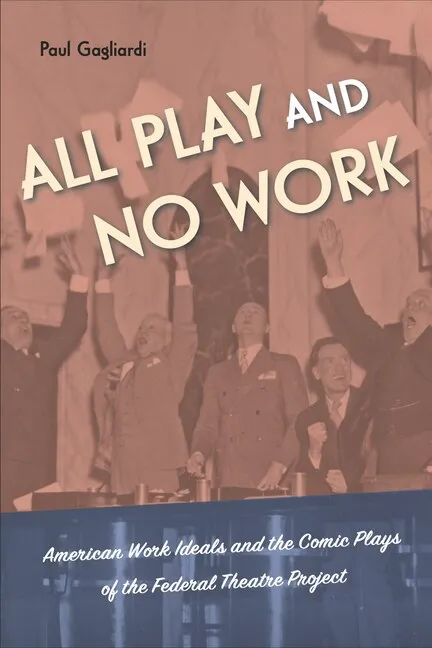
If you would like to recommend someone you know (or yourself!) to be profiled in this series, email ctl@marquette.edu. Please provide a very brief description about the educator and/or why you think they should be highlighted. After consideration, the CTL will contact your nominee to start the interview process, which will entail the educator responding in writing briefly to different interview questions from a menu of choices.

